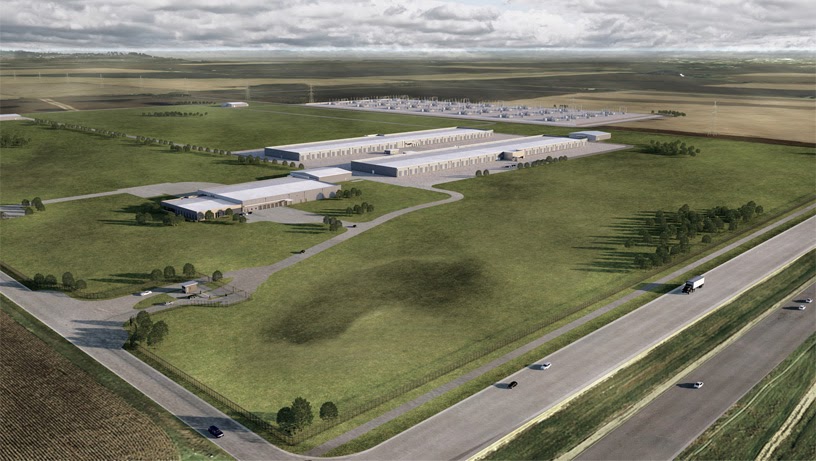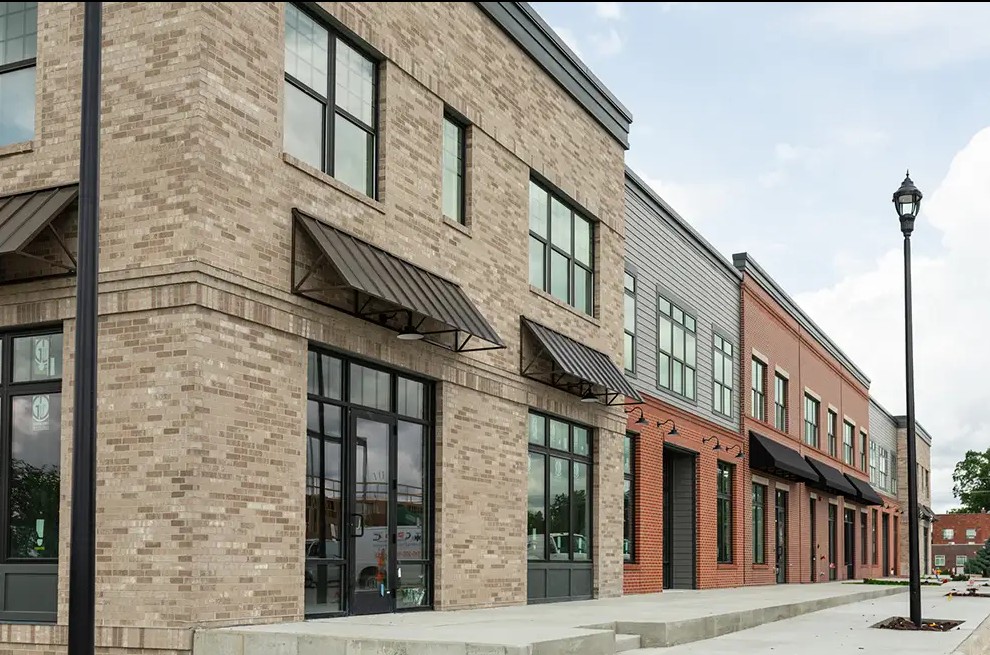Clark to lawmakers: ‘Let’s talk taxes’

With all of the partisan cheering that occurred Tuesday in the Iowa House of Representatives, where a Republican proposal to cut commercial property taxes passed on a party-line vote, Des Moines City Manager Rick Clark could hear the sound of one hand clapping.
It was his own, and it was tapping out a warning message.
“I like to use this analogy: Messing around with property tax and revenue formulas is like trying to do brain surgery with a dull knife – there are unintended consequences,” Clark said.
According to a fiscal analysis of the legislation, which would cut the value on which taxes can be assessed on commercial properties to 60 percent from the current 100 percent, the House plan would cut $1.2 billion from local government revenues by 2022, when the rollback would be fully implemented.
The state would make up about $850 million of that in a change in funding formulas for schools and something called “backfill,” where tax dollars would be used to fill in the gap of lost property tax revenue.
In addition to the curb on commercial property valuations, the legislation limits growth in assessments for agriculture and residential properties to 2 percent a year from its current 4 percent.
To Clark’s way of thinking, that all adds up to one big nightmare. It is compounded by the fact that the city saw a $336 million drop in the assessed value of property last year, including a 28 percent decline in the value of downtown property.
The reduction amounts to a $2 million loss in revenue at time when the city has spent the last several years cutting $28 million in expenses.
By coincidence, the drop in revenues over eight years if the commercial property tax bill becomes law would be about $28 million, Clark said.
“Those are pretty dramatic things, and the reduction in values happened over the last year or two,” Clark said. “I think we will recover from that, but it won’t happen quickly.”
A basic argument supporting efforts to cut commercial property taxes is that doing so will spark economic development. Clark is sympathetic, to a point.
He isn’t ready to accept the idea that a reduction in commercial property taxes will be offset by any growth in valuations that might result from increased operating income at the properties.
At the same time, the Legislature is considering dramatic changes to rules for creating tax increment finance (TIF) districts, a chief economic development tool for cities.
“For cities in Iowa, it’s the only game in town,” Clark said. “It’s the only thing we have to encourage and promote economic activity; the other tools really don’t work. If we take away TIF or make it less effective than it is today, we’re really in a world of hurt.”
Clark wouldn’t mind if lawmakers came calling at his door to discuss their tax proposals.
“I would much rather be on the side of negotiations,” he said. “Let’s meet your needs, but not kill cities in the process. I would very much like to be a part of that conversation. We’re willing to be part of the solution.”










